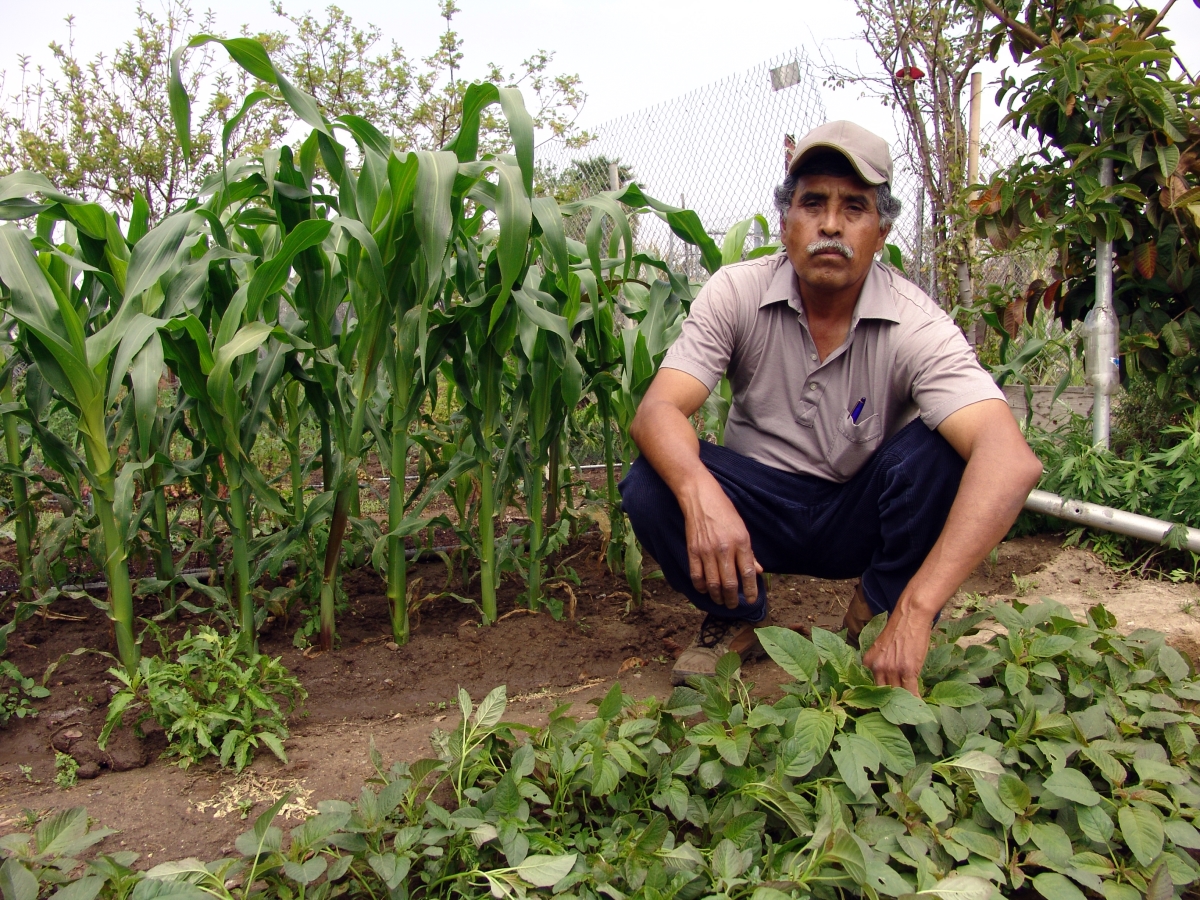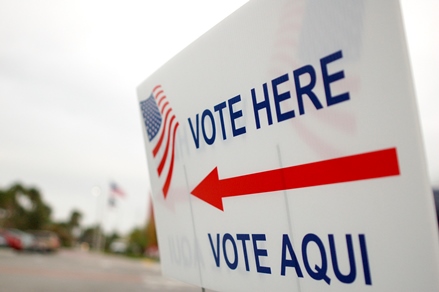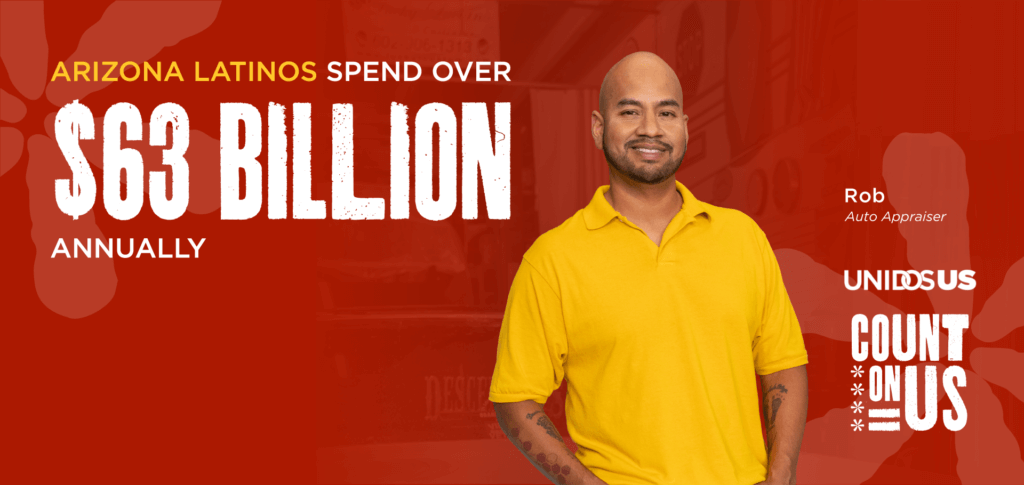Congress Must Do More to Help Working Families
By Amelia Collins, Associate Policy Analyst, NCLR
According to new data from the U.S. Census Current Population Survey (CPS), income levels and poverty rates for most Americans are unchanged from last year and vast disparities persist between Hispanics and Whites. The Census released the latest data on income and poverty in the United States late last week and includes the CPS, the source for the national official poverty measure. The second set of data released, the American Community Survey (ACS), offers an economic picture at the state and local levels.
Overall, 14.8% of Americans live in poverty. For Whites, the poverty rate in 2014 was 10.1%, less than half the rate of 23.6% for Hispanics.
Keep up with the latest from UnidosUS
Sign up for the weekly UnidosUS Action Network newsletter delivered every Thursday.
The median income in 2014 for Hispanics remains below prerecession levels at $42,491. The median income for Whites in 2014 was 42% higher at $60,256.
Although, according to the CPS, there has been no significant change in the overall poverty rate for Latinos over the past year, the number of Hispanics living in poverty has decreased, even with an uptick in the overall Latino population. According to the ACS, in 2014, 252,000 fewer Hispanics, including about 160,000 Latino kids, lived in poverty. This decrease comes even as the total Latino population grew by 1.3 million, including 97,000 children, from 2013 to 2014.
While academics can debate the best source to determine poverty rates, there is no questioning what Congress should do in response to these new numbers: they must pass legislation to help hardworking American families stay out of poverty.
Improving jobs and the economy remain a top priority for the Latino community. A 2014 poll by Latino Decisions and NCLR found that a majority of Latinos continue to worry about their financial security, with 70% concerned they are not earning enough to cover their basic expenses. Unfortunately, Congress has yet to take action on policies that would help millions of Americans stay above the poverty line. Two policies Congress should advance this year to respond to Latino voters’ economic priorities are:
- Save expiring provisions of the Earned Income Tax Credit (EITC) and the Child Tax Credit (CTC). The EITC and the CTC are refundable tax credits for American families. Improvements to these pro-work programs made in 2009 are set to expire in 2017. If Congress does not act to make those critical expansions permanent, five million Latino families stand to lose an average of $1,000 each. In total, 16 million Americans will be pushed into or deeper into poverty.
- Raise the federal minimum wage from $7.25 to $12 an hour. Doing so would increase the income for millions of working families, including 5 million Latino workers, who are concentrated in low-wage jobs. Persistent wage stagnation has left many families without the means necessary to cover necessary expenses. According to U.S. Census data, over 1.2 million Hispanics who worked full-time year-round lived below the poverty line. These hardworking families deserve to earn a living wage.
As the Latino population continues to grow and their share of the electorate increases, politicians must pay increasing attention to the economic well-being and the priorities of the Latino community. It starts with action for working families.



